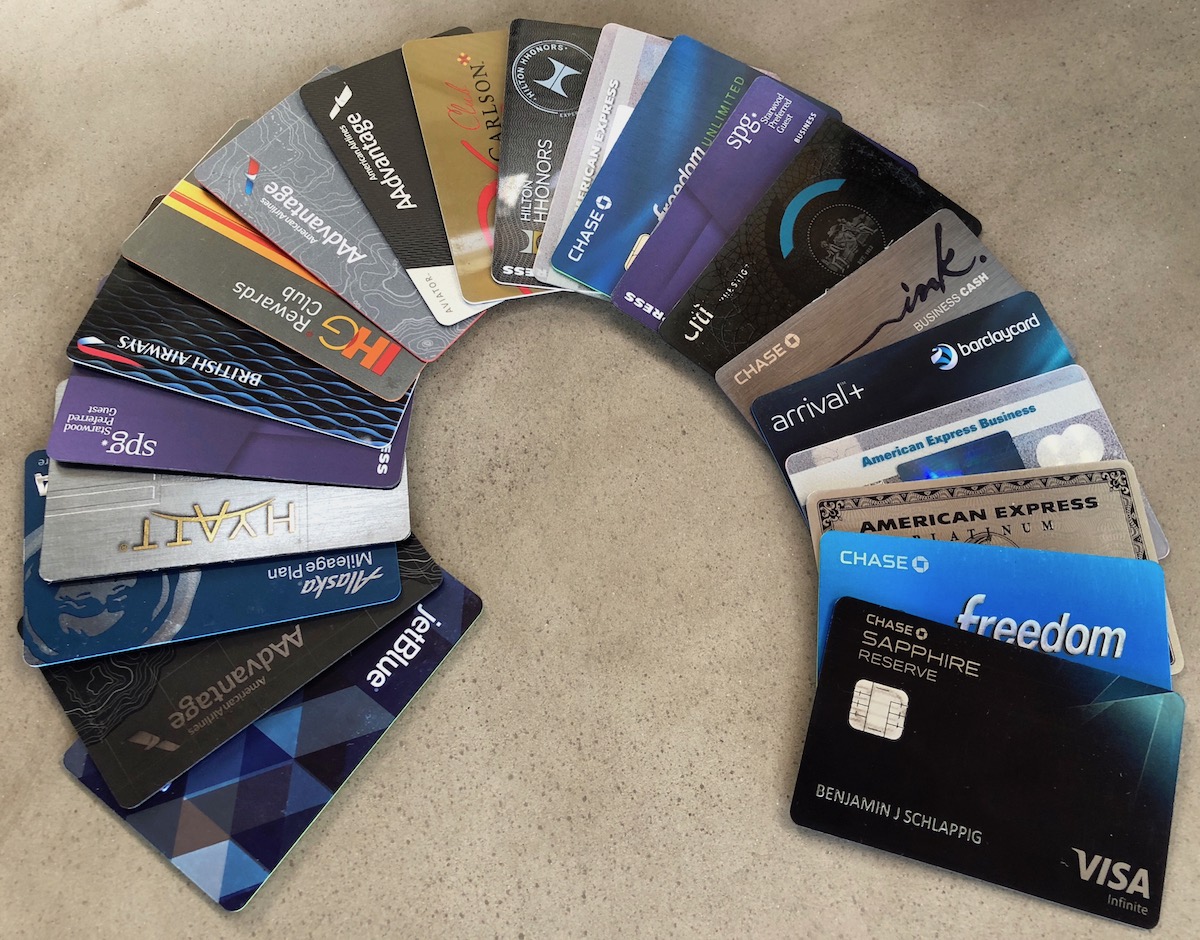Best Credit Cards
Seventy-eight percent of customers own a charge card, and the average owner has 3.5 cards. This indicates, that almost everybody should make its own decision on choosing the best credit card deal.
Simply browse online or through the day-to-day paper, walk around the town and you will see competing for offers all over. In this scenario, what are the most crucial factors to consider while choosing?
Practically, there is not anything like the very best credit card deal. The remarkable question is "Which offer is preferable for me?" The expense habits and living designs of cardholders vary and their needs vary too. Before choosing which proposition is best, you need to evaluate your requirements, income, way of life and expense routines.
Card rate of interest
The card interest rate is the rate, which the card issuers charge on the due quantity. When you receive your credit card statement, it clarifies the full https://www.washingtonpost.com/newssearch/?query=Credit Cards quantity you owe the credit card supplier; it defines the minimum payment that you need to make (by a specific date), in order to prevent sustaining charges. According to current data from the Federal Reserve's G. 19 report on consumer credit, the average APR on credit card with a balance in 2011 was 12.78 percent.
The reward points
According to research study from Federal Reserve Bank of Boston, more than 60 percent of customers own a rewards credit card. Visa claims benefits cards now make up more than half of all cards released and about eighty percent of credit card expenses.
If you 2019 Top Credit Cards zip air frequently or have a preferred retailer where you frequently go shopping, you might choose one co-branded card; these cards use refunds, discounts, and other sort of benefits when used for paying at them.
We may also have branded cards for gas stations and grocery stores where you frequently make purchases. If you do not have any particular needs, you can utilize a general purpose card, which builds up reward points on every purchase. These points can later on be redeemed for cash, refunds, or rewards. By so doing, such a card might end up being a bargain for you.
Credit card charges.
You need to read your card contract thoroughly just to ensure you comprehend all the charges you accept pay. The most typical costs to search for are: an application cost (charged when you request a card), a yearly charge, a membership fee, a participation charge (a charge for having the card), a set-up cost (charged when you when you open a brand-new account), a cash advance cost (charged when you utilize your credit card to get cash), a late-payment cost (charged if you pay after the due date), an over-the-limit fee (charged when your balance discusses your credit limitation), a credit-limit-increase charge (charged when you request an increase in your credit line), an insurance coverage and a debt protection costs. You must evaluate your agreement completely to ensure you understand the services provided and the costs.

The card interest rate is the rate, which the card providers charge on the due quantity. When you get your credit card declaration, it clarifies the complete quantity you owe the credit card provider; it defines the minimum payment that you should make (by a specific date), in order to avoid incurring fees. According to recent data from the Federal Reserve's G. 19 report on consumer credit, the average APR on credit card with a balance in 2011 was 12.78 percent. Visa declares benefits cards now make up more than half of all cards released and about eighty percent of credit card expenditures. The most common charges to look for are: an application charge (charged when you apply for a card), an annual cost, a membership cost, a participation cost (a charge for having the card), a set-up cost (charged when you when you open a brand-new account), a money advance cost (charged when you utilize your credit card to get money), a late-payment charge (charged if you pay after the due date), an over-the-limit fee (charged when your balance goes over your credit limit), a credit-limit-increase fee (charged when you ask for an increase in your credit limitation), an insurance coverage and a debt coverage costs.